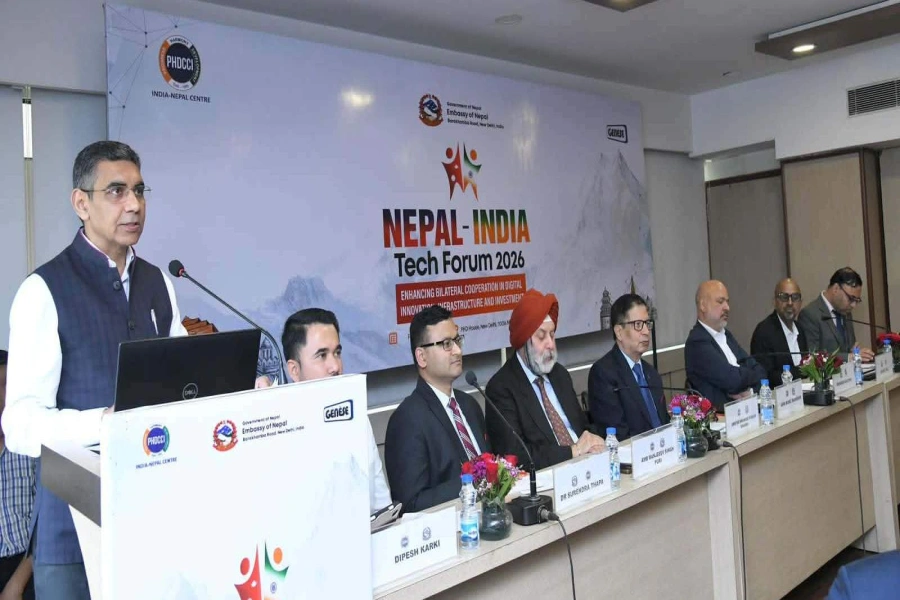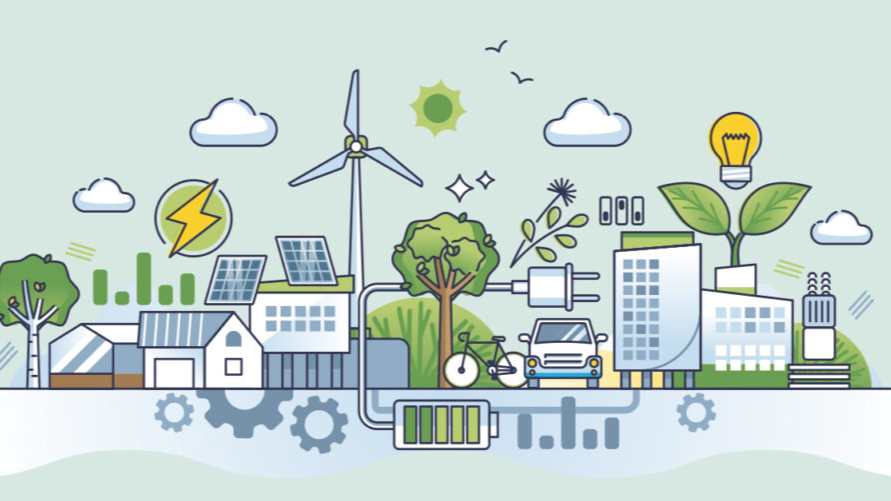Nepal has resumed electricity exports to Bangladesh. Starting June 15, it is delivering 40 megawatts through the Indian transmission line. This follows a brief 12-hour export last year, which was made possible thanks to a tripartite agreement reached in 2023 involving the Nepal Electricity Authority (NEA), the Bangladesh Power Development Board, and India’s NTPC Vidyut Vyapar Nigam Limited. This year’s export will continue for five months, ending on November 15. During this period, the NEA intends to sell 146.88 million units of energy, which will bring in around Rs 1.29 billion. The energy will flow from Nepal's Dhalkebar Substation to Bangladesh's Bhermara Substation through India's Muzaffarpur and Berhampur corridors at the rate of 6.40 US cents per unit. Nepal also continues to sell power to several Indian states. Since June 1, the NEA has begun exporting 200 megawatts to Haryana at 5.25 Indian rupees per unit and 80 megawatts to Bihar. The Dhalkebar-Muzaffarpur cross-border line is also used for daily electricity trade. Increased rainfall has boosted power output, creating a seasonal surplus for export. Until recently, India was Nepal’s only major buyer. With Bangladesh now included, the growing demand for market diversification strengthens the prospects for regional energy cooperation. This development speaks volumes about a sector that holds significant potential for Nepal’s future. Nepal is ideally suited for generating hydroelectric power, given its abundant water resources and its location at the base of the Himalayas. Current estimates suggest the country has over 80,000 megawatts of potential, but only a small portion has been developed and utilized.
For a country with low industrial output and an economy heavily reliant on remittances, hydropower offers a valuable source of income through electricity exports while also meeting rising domestic demand. However, to fully tap into this potential, Nepal must create opportunities for both local and foreign investment. While government-led efforts can manage essential infrastructure, private investment is crucial for accelerating development, especially in rural areas. Consistent policies, reduced bureaucratic delays, and the resolution of power evacuation issues will be essential to attracting investors. Funding alone cannot drive growth—reliable institutions and long-term planning are also necessary. Investors need stable rules, effective dispute-resolution mechanisms, and fair returns. Public support is equally important. Hydropower development often impacts local land, waterways, and livelihoods. Ensuring that communities benefit and addressing environmental concerns from the outset can help minimize resistance.
Cooperation for trade

To make electricity exports a regular component of the national economy, Nepal must build stronger regional relationships. New transmission lines should be developed not only with India but also to link with Bangladesh and other prospective markets such as China and Bhutan. Long-term power purchase agreements will be more effective than seasonal trade, allowing producers to plan their production and investments more efficiently. A broader regional energy infrastructure will help manage seasonal supply-demand imbalances across South Asia. The initiation of regular exports to Bangladesh marks a significant step forward. Nepal can transition from being a monsoon-dependent energy exporter to a stable, year-round energy provider in the region. Achieving this will require building new plants, enhancing investor confidence, and securing long-term power agreements. With sustained efforts, Nepal’s rivers could fuel an economic transformation through hydropower exports.







































